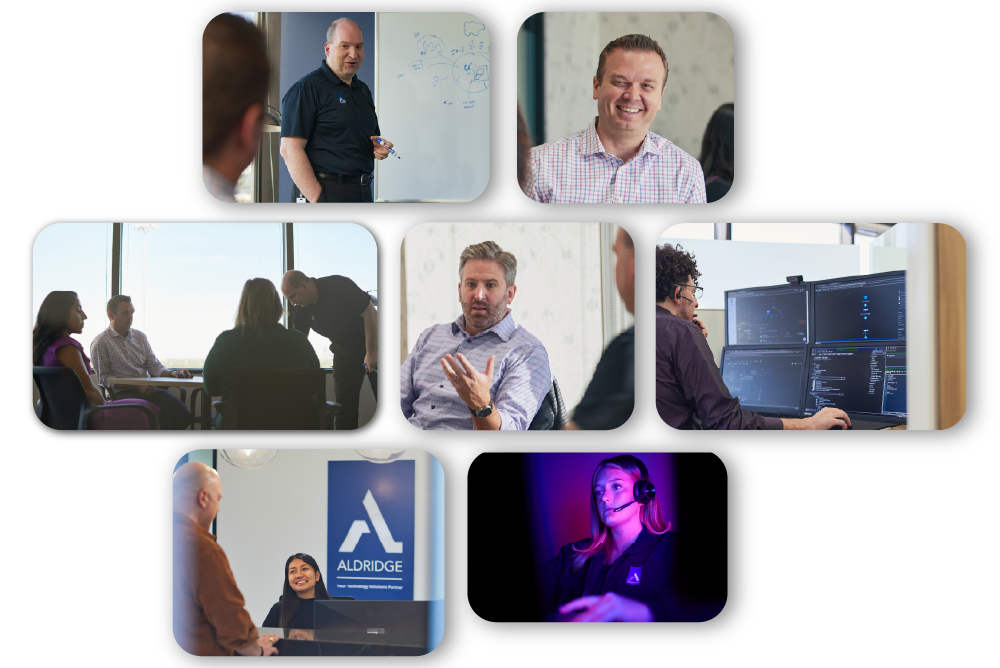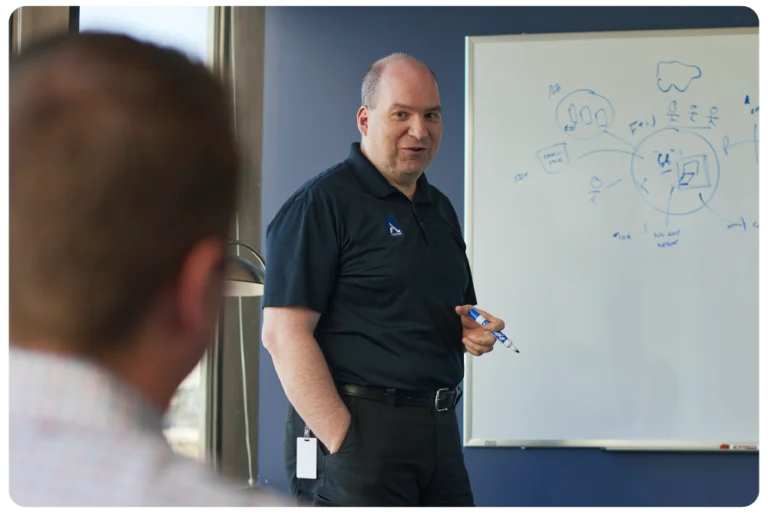Accounting and CPA firms operate in a fast-paced, high-stakes environment where technology plays a crucial role in serving clients. But if not properly addressed, IT challenges can be costly—disrupting your operations during peak season or, even worse, exposing your clients’ financial information.
Downtime That Disrupts Billable Work
Accounting firms bill by the hour, and when IT systems go down, revenue stops. Whether it’s an outage of CCH, QuickBooks, or NetSuite, or slow remote access during tax season, downtime means missed deadlines and frustrated clients.
Example: A mid-sized CPA firm in the middle of filing corporate tax returns before the March 15 deadline experiences a server crash, preventing staff from accessing critical client data. With no IT contingency plan, hours of billable work are lost, leading to overtime costs and delayed filings.
The Fix:
Proactive IT monitoring and a structured IT roadmap ensure software updates, network stability, and cloud-based solutions are in place to prevent downtime before it happens. Firms leveraging Azure Virtual Desktop (AVD) gain secure, always-available access to tax and audit software, reducing IT-related workflow disruptions.
Cybersecurity Threats That Jeopardize Client Trust
Handling sensitive financial data makes accounting firms prime targets for cybercriminals. Business Email Compromise (BEC) scams, phishing attacks, and ransomware threats are increasingly common, putting tax returns, payroll data, and financial statements at risk.
Example: A staff accountant receives an email appearing to be from a client requesting an urgent wire transfer. Without proper security awareness training, they authorize the transaction, only to later discover it was a phishing scam. The firm not only loses money but also risks legal and reputational damage.
The Fix:
A multi-layered security approach enhances your firm’s ability to detect and prevent cyber threats, backed by a 24/7 security team monitoring for suspicious activity and ready to respond to real threats.
Inefficient Remote Access Hurts Productivity
Accounting professionals need secure, flexible access to client financial systems, especially during peak tax deadlines. But outdated VPNs and slow, unreliable connections create inefficiencies, preventing teams from working seamlessly across multiple client accounts.
Example: During tax season, a senior partner traveling to meet with high-net-worth clients struggles to access client tax returns remotely due to slow VPN connectivity. This delays work, frustrates clients, and could cost you your reputation.
The Fix:
Cloud-hosted environments and virtual desktops ensure that accountants can access critical applications from anywhere without security compromises. Solutions like AVD limit data exposure by restricting access to only screen, keyboard, and mouse inputs, preventing unauthorized data downloads or local storage risks.
Compliance & Regulatory Challenges
With IRS Publication 4557, SOC 2 Type 2, and state-mandated financial security regulations, firms are under increasing pressure to maintain compliance. A failure to meet evolving cybersecurity and data protection standards can result in penalties, audits, and loss of high-value clients.
Example: A firm working with government contractors is required to follow strict CMMC cybersecurity guidelines. Without a clear compliance strategy, they struggle to meet security requirements, losing a major client to a competitor with stronger security measures.
The Fix:
Implementing automated compliance tracking, role-based access controls, and encryption for financial data ensures firms remain audit-ready. Partnering with an IT provider familiar with accounting-specific compliance requirements can streamline adherence to regulatory frameworks without disrupting daily operations.
Frequent Software Updates That Break Workflows
Accounting firms rely on CCH, QuickBooks, NetSuite, and PCA to manage tax preparation, audits, and financial reporting. But these applications frequently update—sometimes 5–10 times per year, including tax code changes—which can disrupt workflows and create compatibility issues with integrated systems.
Example: A firm’s CCH update rolls out in the middle of peak tax season, unexpectedly causing integration issues with their document management system. Without IT support, accountants scramble to find workarounds, delaying client filings and reducing productivity.
The Fix:
A structured IT management plan ensures software updates are tested in a controlled environment before deployment, preventing downtime. We understand your schedule and work around you—IT changes are never made during peak accounting season and are scheduled after your deadlines. Using cloud-based line-of-business applications reduces version conflicts and ensures accountants always have access to the latest, most stable software versions.
For accounting firms, IT should be an enabler—not an obstacle. By investing in secure, scalable, and efficient IT infrastructure, firms can minimize downtime, protect client data, and maintain compliance with evolving industry regulations.
If your firm is struggling with any of these IT challenges, it’s time for a conversation. Contact us to learn how our tailored IT solutions can help your firm stay productive, compliant, and secure.







